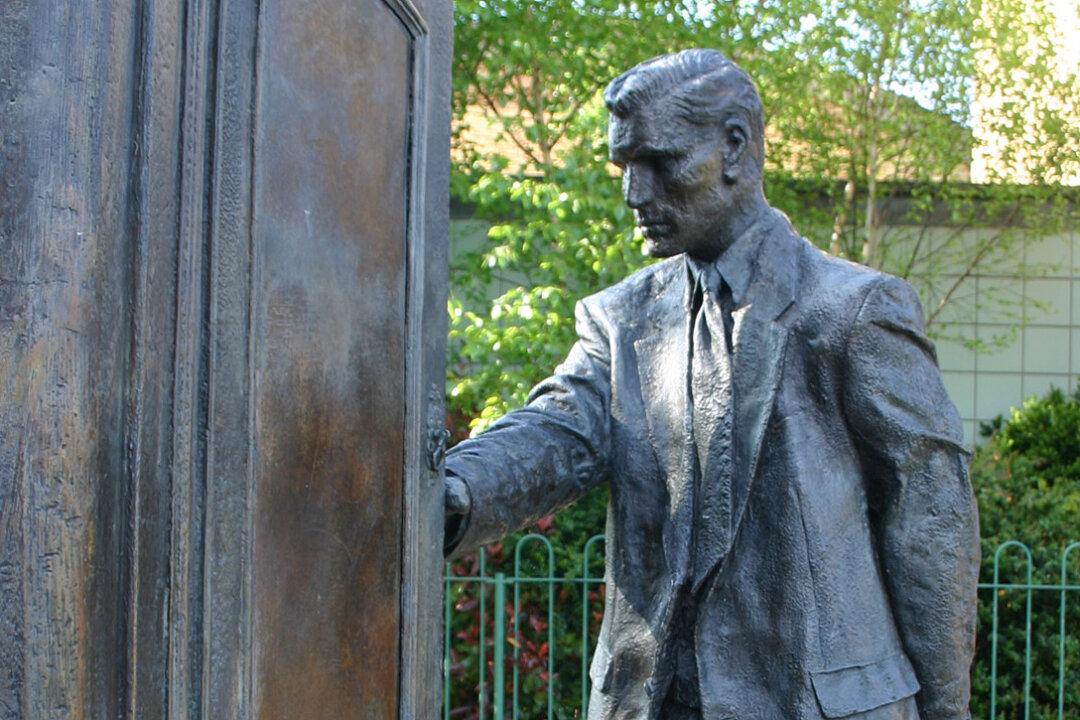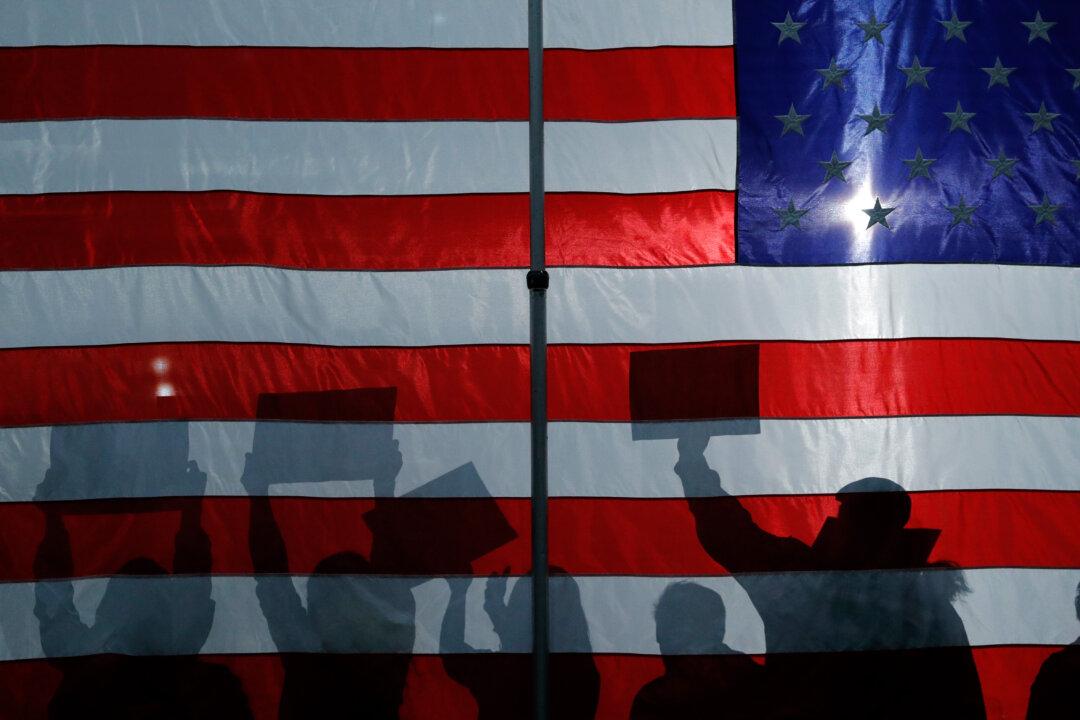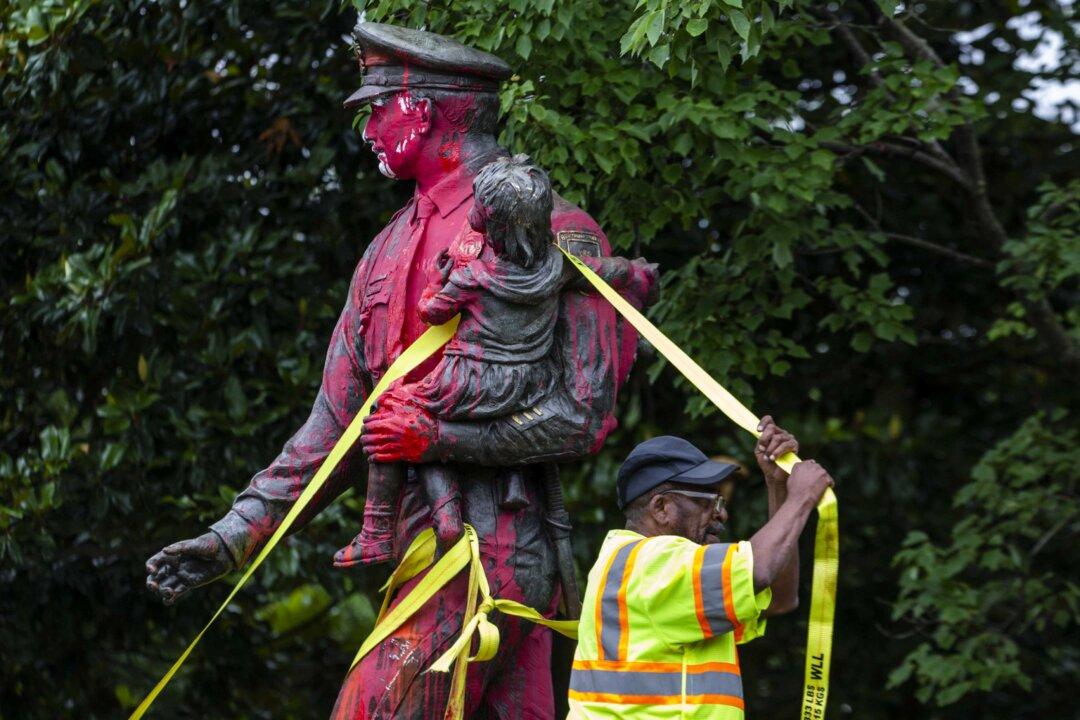Commentary
C.S. Lewis (1898–1963) is best known as the greatest Christian apologist of the 20th century and as the beloved children’s author who gave us “The Chronicles of Narnia.” His “Mere Christianity” is still a major seller every year, and the Narnia books continue to inspire young readers and movie-goers as well.





